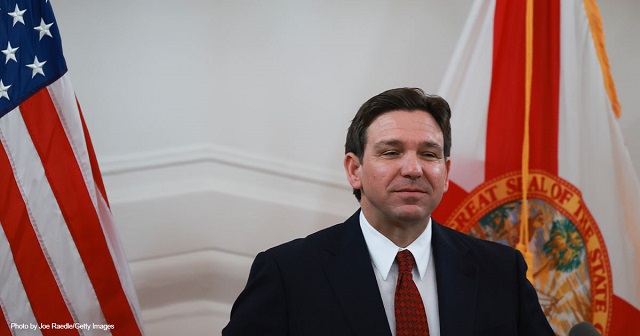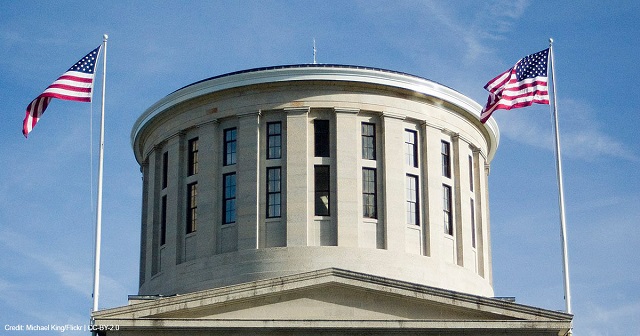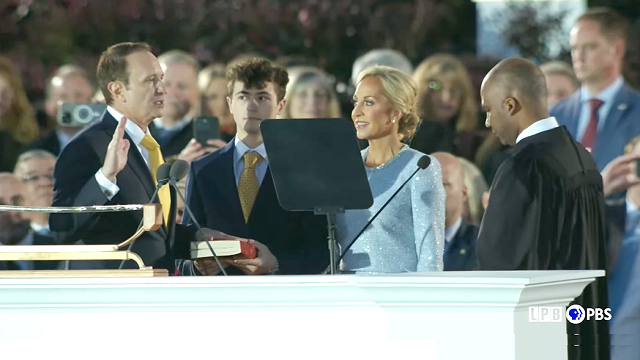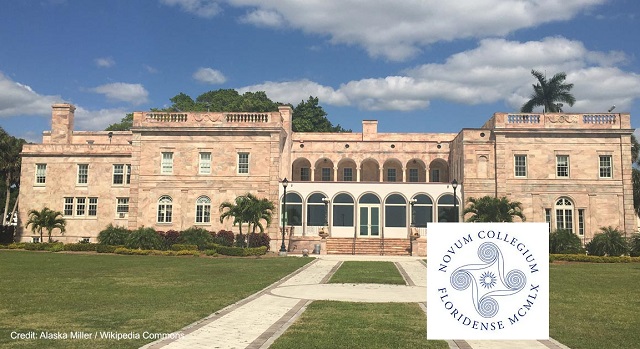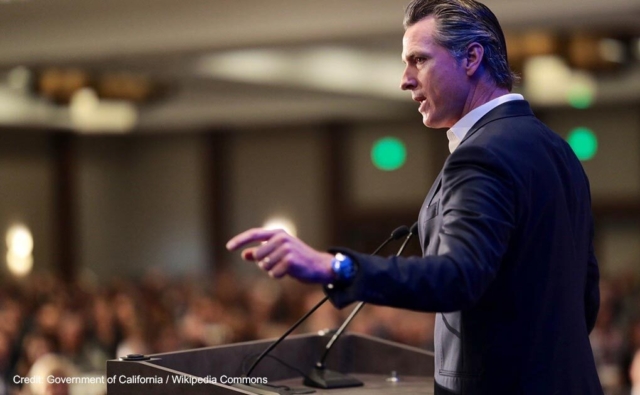Leftist Immigration Policies Waste Billions of Dollars and Undermine Election Integrity

Several U.S. states and cities have embraced the president’s policy of a wide-open southern border, which has allowed millions of illegal immigrants to flood in. Not only are they treated better than U.S. citizens in many cases, receiving taxpayer funded housing, food, education, and health care, they have also contributed to an increase of violent crimes including harassment, rape, theft, and murder — not to mention the escalation in threats from people on the terror watchlist. But these harsh realities didn’t stop Denver Mayor Mike Johnston (D) from addressing them as “newcomers” in a recent announcement.
In order to justify spending $45.9 million on illegal immigrants, he used the “newcomers” to help excuse the complete irrationality of the circumstances. As Denver is overwhelmed by immigrants, the multi-million package is meant to “fully fund programs … for 2024 and avoid worst-case scenarios projected by the city,” Fox News reported. But notably, the $45.9 million comes “in addition to $44 million in spending already secured for the program through previous budget moves,” which means illegals in this city are now receiving just shy of $90 million.
In a literal sense, taxpayers are a major source of this money. But in a metaphorical sense, American citizens are also paying through programs and services they have not willingly sacrificed. Johnston’s package, for instance, resulted in an $8.4 million cut from the city’s police department, which hurts public safety. The immense spending on illegal immigrants, which went from $2 million to $15 million in Denver between August and December of last year alone, requires budget cuts. And what do budget cuts often result in? People losing their jobs.
Johnston’s office said “it will avoid layoffs or furloughs of employees,” but that doesn’t seem like a promise worth banking on — especially considering the skyrocketing demands of the illegal immigrants. Countless stories have emerged from the border, proving that once the migrants get an inch, they take a mile. And if previous headlines of immigrants murdering young college students, squatting in occupied homes, and overrunning public facilities doesn’t labor the point of their persistence, then perhaps current headlines will.
On Tuesday, “Hundreds of illegal immigrants swarmed New York City’s City Hall … to demand more aid from the city as well as work permits,” The Post Millennial wrote. They also objected to being moved out of luxury hotels, where they were staying for free, to local shelters. Now they want more money? According to Bloomberg, the Big Apple has already “spent $1.45 billion in fiscal 2023 on migrant costs,” and they “expect to spend a combined $9.1 billion housing migrants in fiscal years 2024 and 2025.” But evidently, that’s not enough.
America needs to take the reins. Imagine an illegal immigrant claiming to live in your home, but when you report it to the police, you are the one arrested. Well, we don’t have to imagine, since that’s what happened to a 47-year-old woman in Queens. The Daily Wire’s Matt Walsh explained the woman was “dragged away from her own home — in handcuffs — because someone claims to have a lease for her property.” Walsh said the squatter couldn’t “show the lease to anyone, including the police and the media. But because he claimed he had “been living there for around a month, they arrest the woman.”
These stories are prompting some lawmakers to act, as evidenced by a new bill proposed by Rep. Dan Meuser (R-Pa.) to “stop illegal aliens from squatting in U.S. homes.” The Safeguarding Homes from Illegal Entry, Living, and Dwelling Act (SHIELD Act) comes in response to Leonel Moreno, an illegal immigrant from Venezuela, who posted a video on social media “explaining how to take advantage of squatting laws in the U.S.” And according to The Daily Signal, Moreno’s videos led to an uptick in illegals squatting in New York and Pennsylvania homes.
As Meuser explained, the SHIELD Act would ensure that “if an illegal were to claim squatter rights and enter an individual’s home illegally without any rental paperwork or legitimate lease, they can be arrested and deported and prohibited from ever entering the United States again.”
The Heritage Foundation’s Oversight Project also warned how election integrity efforts have been compromised by the border crisis. On Monday, they highlighted a flyer found posted throughout Mexico “encouraging illegal immigrants to vote for President Joe Biden in the 2024 election.” The page read, “Reminder to vote for President Biden when you are in the United States. We need another four years of his term to stay open.” And even though federal law prohibits non-U.S. citizens from voting in federal elections, organizations are desperately trying to take advantage of the millions of new crossers.
As the Oversight Project emphasized on X, “Election integrity is under assault.” Now, they continued, “You do not need documentary proof of citizenship to register to vote. You can vote if you simply swear you are eligible,” and the flyer in question “obviously seeks to prey on unsophisticated illegals and encourages them to illegally vote.” This is all pretty frustrating information. But as overwhelming as this issue has grown to be, it’s not where we give up.
Instead, when reading of all the horrible things happening, we have to understand that this is not a matter of getting frustrated and walking away, but of standing for truth and for what’s right. And every Christian can stand for what is right, even within this messy, hostile, divisive arena. Indeed, we are called to take our voices into the public square. Ephesians 5:11 states, “Take no part in the unfruitful works of darkness, but instead expose them.” And so, that is what we will do, even now. Especially now.
AUTHOR
Sarah Holliday
Sarah Holliday is a reporter at The Washington Stand.
POST ON X:
A black Chicago woman in a MAGA hat rips Mayor Brandon Johnson for prioritizing illegals over citizens as he asks for $70 million more to care for the “newcomers.” Meanwhile, a recall petition for Mayor Johnson is gathering serious momentum. pic.twitter.com/J7N3J9PX7b
— Charlie Kirk (@charliekirk11) April 19, 2024
EDITORS NOTE: This Washington Stand column is republished with permission. All rights reserved. ©2024 Family Research Council.
The Washington Stand is Family Research Council’s outlet for news and commentary from a biblical worldview. The Washington Stand is based in Washington, D.C. and is published by FRC, whose mission is to advance faith, family, and freedom in public policy and the culture from a biblical worldview. We invite you to stand with us by partnering with FRC.



